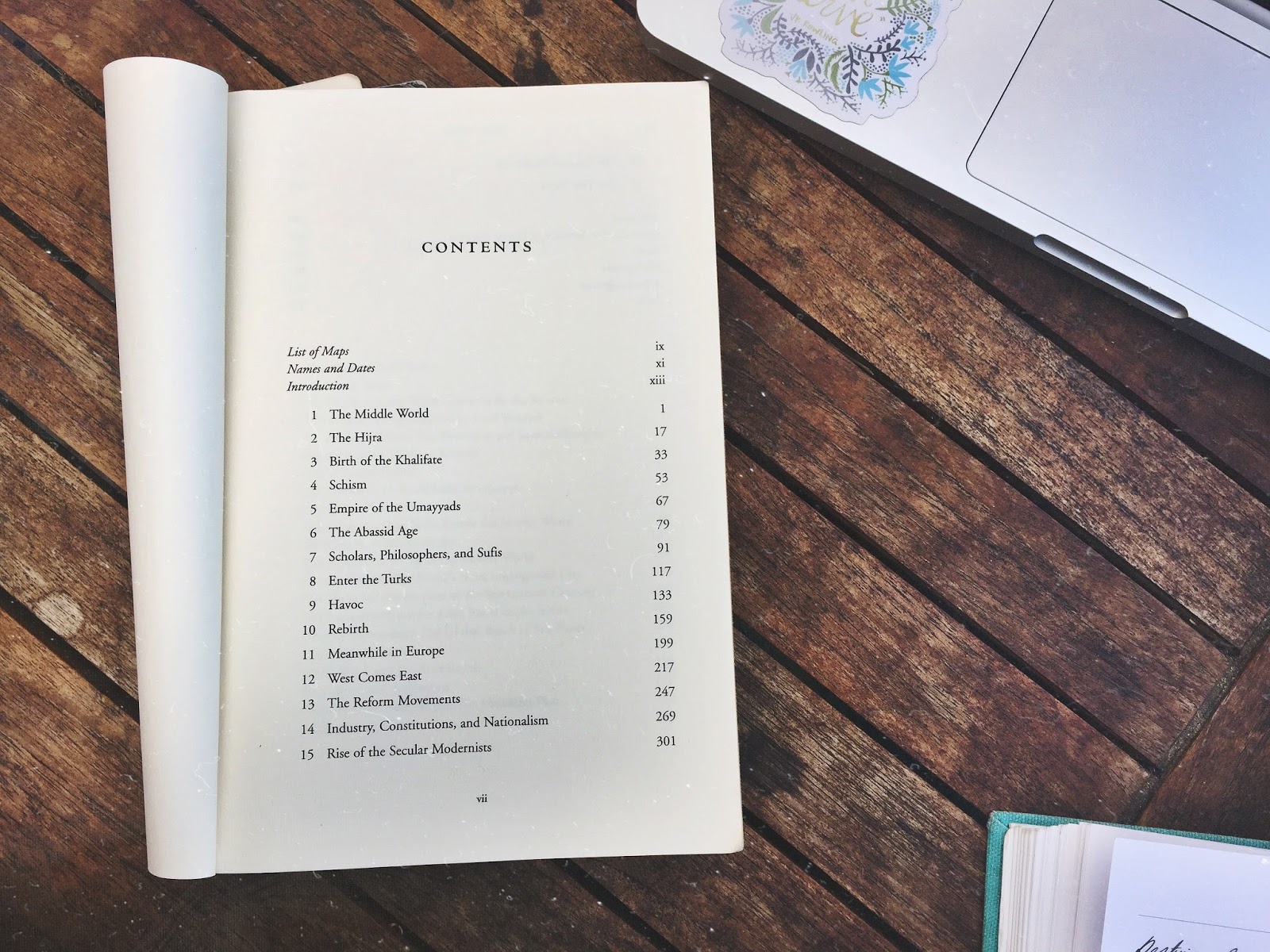'Long before Islam was born, two worlds took shape between the Atlantic Ocean and the Bay of Bengal. Each coalesced around a different network of trade and travel routes; one of them, mainly sea routes; the other, land routes.'
So begins Tamim Ansary's first chapter titled 'The Middle World'. The first of many chapters in his glorious global history aptly titled Destiny Disrupted. For when you read this history from first page to last you realise the world really is a constantly shifting phenomenon, and a single act by a single individual can redirect the course of destiny.
How did Islam expand from a small group of followers in the heart of the Arabian desert to a mighty, formidable empire? How did this giant superpower rule the world for centuries and how did it fall so abruptly from grace? Who dismantled this ancient world, and how? Why?
Tamim Ansary not only answers these questions in this book, he does so in a manner so pleasant I often forgot I was reading non-fiction. His writing is absorbing, his book incredibly well organised with manageable sections and plenty of dates to help keep the reader on track with the timeline of events.
He begins with a description of the Middle World prior to the emergence of Islam and then moves onto the story of Prophet Mohammed (peace be upon him) as Muslims believe it to be. The third chapter onwards is dedicated to the Muslim world after the death of the Prophet (pbuh) from the 'Birth of the Khalifate' in the 7th century to the nationalist movements in the 20th century as Muslim countries attempted to shake off the shackles of their colonisers.
Ansary has created a true masterpiece. If someone who knows nothing about Islam and has no clue about Eastern history read this book they would be able to understand everything Ansary wrote because he manages to describe everything in a simple, accessible way without compromising or undermining the importance of that moment in history, or that sect of Islam, or that leader. Every section of his book connects seamlessly with the next to such an extent that the reader is able to go back and trace a thread of events that caused a shift in global history centuries after it occurred.
I found it incredibly interesting to discover how Europe managed to pull itself out of the Dark Ages - a process which began with something as small and simple as the creation of a new weapon - while the Muslim world was at the height of its Golden age. And how, year by year, decade by decade, century by century, Europeans managed to infiltrate the Muslim world - which by this point was old, and far too comfortable in its power and decadence - and begin the process of European dominance across the globe.
As a Muslim, it saddened me to read the step by step process which led Muslims to the sorry state we are in today. Our countries war-torn. Our position in the Western world precarious. Our reputation ruined. But it was incredible to read the process of history. The Empires which rose and fell, the wars, genocides and holocausts which absolutely changed the course of destiny. The power of capitalism, and its undeniable influence in shaping the modern world, for better or worse.
So if you are at all interested in reading a different perspective of history that is illuminating and a true pleasure to read, this book is for you.
'World history is like that: the whole story of humankind from a particular point of view, each history containing all the others, with all actual events situated somewhere with respect to a central narrative, even if that "somewhere" is in the background as part of the white noise against which the meaningful line stands out. They're all the real history of the world. The work lies in the never-ending task of compiling them in the quest to build a universal human community situated within a single shared history.'



No comments
Post a Comment